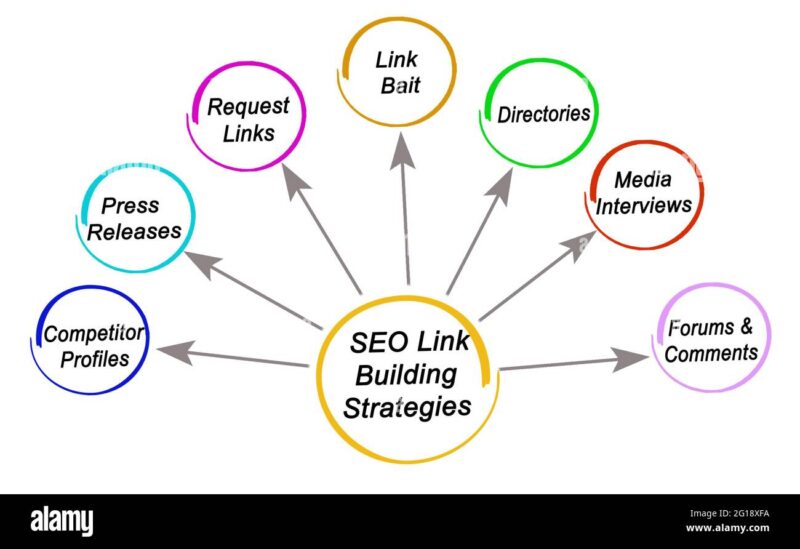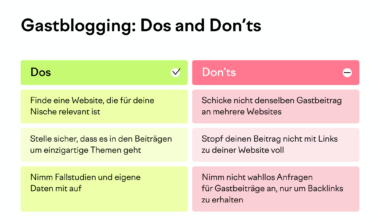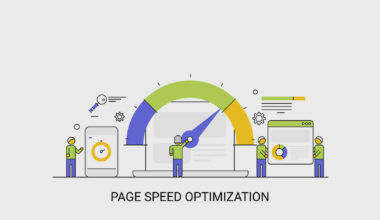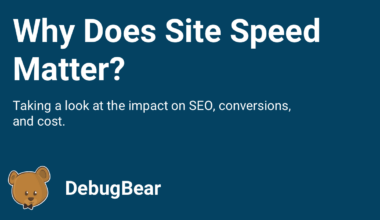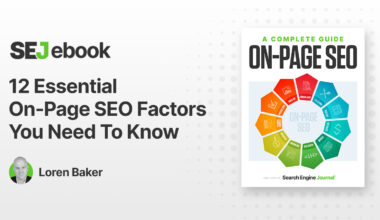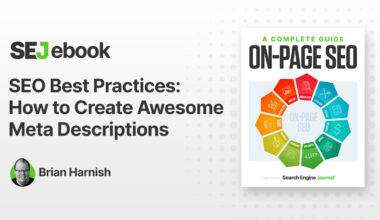Introduction to SEO Link Building
As a website owner or digital marketer, you may have heard about the importance of SEO link building. But what exactly is it? In simple terms, link building is the process of acquiring hyperlinks from other websites to your own. This is an essential element of SEO because search engines like Google use links to determine the authority and relevance of a website.
Link building involves building relationships with other websites, creating high-quality content, and using various techniques to acquire backlinks. The goal is to increase the number of high-quality inbound links pointing to your website, which can help to improve your search engine rankings.
There are various SEO link building techniques that you can use to increase the number of backlinks to your website. Some of these techniques include:
- Guest blogging and outreach techniques
- Creating high-quality content for link building
- Using social media to promote your content and acquire links
- Participating in online forums and communities
It’s important to note that link building is not a one-time activity. It requires ongoing effort and dedication to build a strong backlink profile that can help to improve your search engine rankings.
In the following sections, we’ll explore some of the most effective SEO link building techniques in more detail. We’ll cover everything from understanding backlinks and anchor text to creating high-quality content and guest blogging. By the end of this article, you’ll have a better understanding of how to build a strong backlink profile that can help to improve your search engine rankings and drive more traffic to your website.
Understanding Backlinks and Anchor Text
Backlinks are the backbone of SEO link building. They are the links that point from other websites to your own, and they are a crucial factor in determining the authority and relevance of your website in the eyes of search engines.
There are two main types of backlinks: dofollow and nofollow. Dofollow links are the ones that pass link juice from one website to another, while nofollow links do not. When it comes to SEO link building, dofollow links are the ones that you want to focus on.
Anchor text is another important element of backlinks. It is the visible, clickable text that contains a hyperlink. The anchor text helps to give context to the link and can also influence how search engines perceive the relevance of the linked page.
When acquiring backlinks, it’s important to focus on quality over quantity. A few high-quality, relevant backlinks can be more valuable than many low-quality, irrelevant ones. Here are some tips for acquiring high-quality backlinks:
- Reach out to websites in your niche and offer to write guest posts or contribute to their content in exchange for a link back to your site.
- Create high-quality content on your own website that other websites will want to link to.
- Use social media to promote your content and acquire links from other users in your industry.
When it comes to anchor text, it’s important to use a variety of different anchor text phrases. This helps to avoid the appearance of spammy link building practices and also helps to give context to the linked page.
In conclusion, understanding backlinks and anchor text is essential for effective SEO link building. By focusing on high-quality, relevant backlinks and using a variety of anchor text phrases, you can improve the authority and relevance of your website in the eyes of search engines and drive more traffic to your site.
Guest Blogging and Outreach Techniques
One of the most effective SEO link building techniques is guest blogging and outreach. This involves reaching out to websites in your niche and offering to write a guest post or contribute to their content in exchange for a link back to your site.
Here are some tips for successful guest blogging and outreach:
- Identify relevant websites in your niche that accept guest posts. You can use Google search or tools like Ahrefs or SEMrush to find these websites.
- Research the website’s content and audience to ensure that your guest post will be a good fit. Look for gaps in their content that you can fill with your expertise.
- Reach out to the website owner or editor with a personalized email introducing yourself and your topic ideas. Be sure to highlight why your post would be valuable to their audience.
- Once your guest post is published, share it on your own social media channels and website to maximize its reach and potential for acquiring backlinks.
- Follow up with the website owner or editor to thank them for the opportunity and keep the lines of communication open for future collaborations.
Guest blogging and outreach can be a time-consuming process, but it is worth the effort. Not only does it help to build high-quality backlinks to your website, but it also establishes you as an expert in your industry and can drive traffic to your site.
Another effective outreach technique is broken link building. This involves finding broken links on other websites and reaching out to the website owner or editor with a suggestion for a replacement link – ideally, one that points to your own website. Here’s how to do it:
- Use a tool like Ahrefs or Check My Links to find broken links on relevant websites in your niche.
- Research the content that the broken link was originally pointing to and create a similar piece of content on your own website.
- Reach out to the website owner or editor with a personalized email suggesting your content as a replacement for the broken link. Be sure to highlight the value of your content and how it relates to the original topic.
- If your suggestion is accepted, you’ll have a high-quality backlink pointing to your website.
Creating High-Quality Content for Link Building
Creating high-quality content is one of the most effective ways to acquire backlinks to your website. When you produce valuable, informative, and engaging content, other websites are more likely to link back to it, which can help to improve your search engine rankings.
Here are some tips for creating high-quality content that can help to boost your link building efforts:
1. Identify topics that are relevant to your industry and target audience. Use tools like Google Trends, BuzzSumo, or Ahrefs to find popular topics and keywords in your niche.
2. Conduct thorough research on your chosen topic to ensure that your content is accurate, informative, and up-to-date. Look for data, statistics, and expert opinions to back up your claims.
3. Choose a format that will resonate with your audience and make your content stand out. Some popular formats include blog posts, infographics, videos, podcasts, and guides.
4. Use visuals and multimedia to make your content more engaging and shareable. This can include images, videos, charts, and graphs.
5. Optimize your content for search engines by using relevant keywords, meta descriptions, and title tags. This will help your content to rank higher in search results and attract more backlinks.
6. Promote your content on social media, email newsletters, and other marketing channels to reach a wider audience and increase its chances of being shared and linked to.
7. Monitor your content’s performance and make adjustments as needed. Use tools like Google Analytics or SEMrush to track your backlinks, traffic, and engagement metrics.
By creating high-quality content that provides value to your target audience, you can attract more backlinks and improve your search engine rankings. Remember to focus on quality over quantity and to constantly improve and optimize your content to stay ahead of the competition.
In conclusion, creating high-quality content is an essential element of effective SEO link building. By following these tips, you can produce content that attracts backlinks, improves your search engine rankings, and drives more traffic to your website.
Final Thoughts on Effective SEO Link Building
Effective SEO link building is a crucial element in improving your website’s search engine rankings and driving more traffic to your site. By using a combination of techniques, including guest blogging and outreach, creating high-quality content, and understanding backlinks and anchor text, you can build a strong backlink profile that can help to establish your website’s authority and relevance in the eyes of search engines.
However, it’s important to remember that link building is not a one-time activity but rather an ongoing process that requires dedication and effort. Here are some final thoughts to keep in mind:
1. Quality over quantity – focus on acquiring high-quality, relevant backlinks rather than a large number of low-quality ones.
2. Be patient – building a strong backlink profile takes time and effort, so don’t expect immediate results.
3. Monitor your progress – use tools like Google Analytics or SEMrush to track your backlinks, traffic, and engagement metrics and make adjustments as needed.
4. Stay up-to-date with best practices – SEO link building techniques are constantly evolving, so it’s important to stay informed about the latest trends and strategies.
5. Be ethical – avoid spammy link building practices that can harm your website’s reputation and violate Google’s guidelines.
By following these tips and staying committed to effective SEO link building, you can establish your website as a valuable resource in your industry and drive more traffic and leads to your site.
